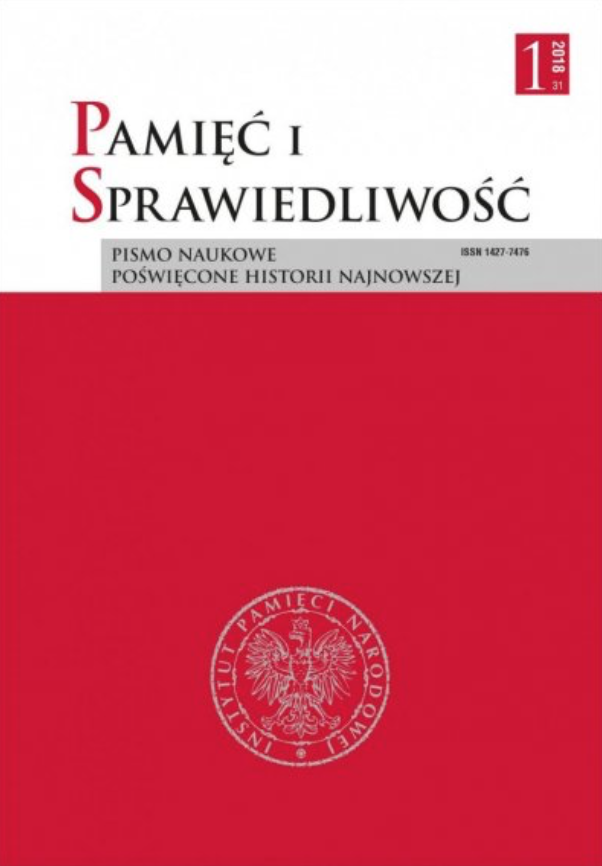Im goldenen Käfig. Die politische Justiz und die Anwälte in der DDR der Ära Honecker
In a Golden Cage. The Politicised Judiciary and Advocates
in the GDR under Honecker
Author(s): Christian BooßSubject(s): Political history, Social history, Recent History (1900 till today)
Published by: Instytut Pamięci Narodowej
Keywords: GDR; Stasi; politicised judiciary; political trial; political oppression; Erich Honecker;Erich Mielke; defence; attorney; advocate; Wolfgang Vogel; Gregor Gysi; Wolfgang Schnur; Rudolf Bahro; Robert
Summary/Abstract: The right to defence is a very important indicator of the quality of the rule of law. In the Soviet Occupation Zone of Germany, later the GDR, the legal profession underwent a transformation. Individual defence for defendants was not to be totally abandoned, but it was meant to be subordinated to the interest of the socialist state. The academic study, which has served as the basis for this article, shows the development of the legal profession in East Germany. Due to the analysis of a large number (about 1,800) of legal procedures that were carried out in Berlin by the Ministry for State Security (MfS), the course of political trials and the conduct of advocates in such trials have been studied for the first time. Contrary to the show trials of the 1950s, a characteristic feature for the Honecker era was a short secret trial. The trial culture clearly deteriorated, though a reverse trend could be observed since the mid-1980s. The research aim is to analyze how it happened. The recruitment of advocates, their organisation in district bar associations, their education and disciplinary measures were not insignificant. The role of the MfS in exerting control over advocates and political trials has also been studied. Even if there were drastic cases of interference in the proceedings by the MfS – also through secret collaborators – until now, the control of the judiciary by the said ministry in the late GDR was rather overestimated. What was more influential were the so-called “steering meetings”. These assemblies – which were secret and are still underestimated – contributed to the fact that the course of the procedures was quite uniform and conformed to the dictatorship of the Socialist Unity Party of Germany (SED).
Journal: Pamięć i Sprawiedliwość.
- Issue Year: 31/2018
- Issue No: 1
- Page Range: 386-404
- Page Count: 19
- Language: German

